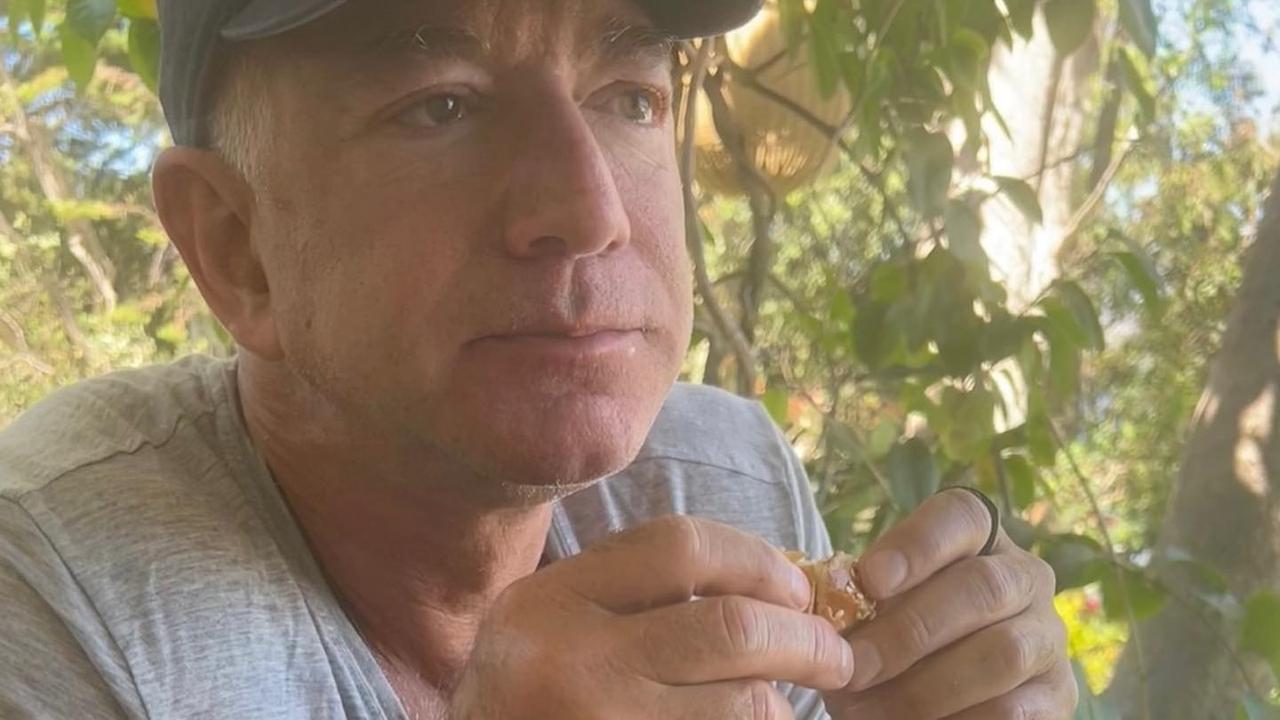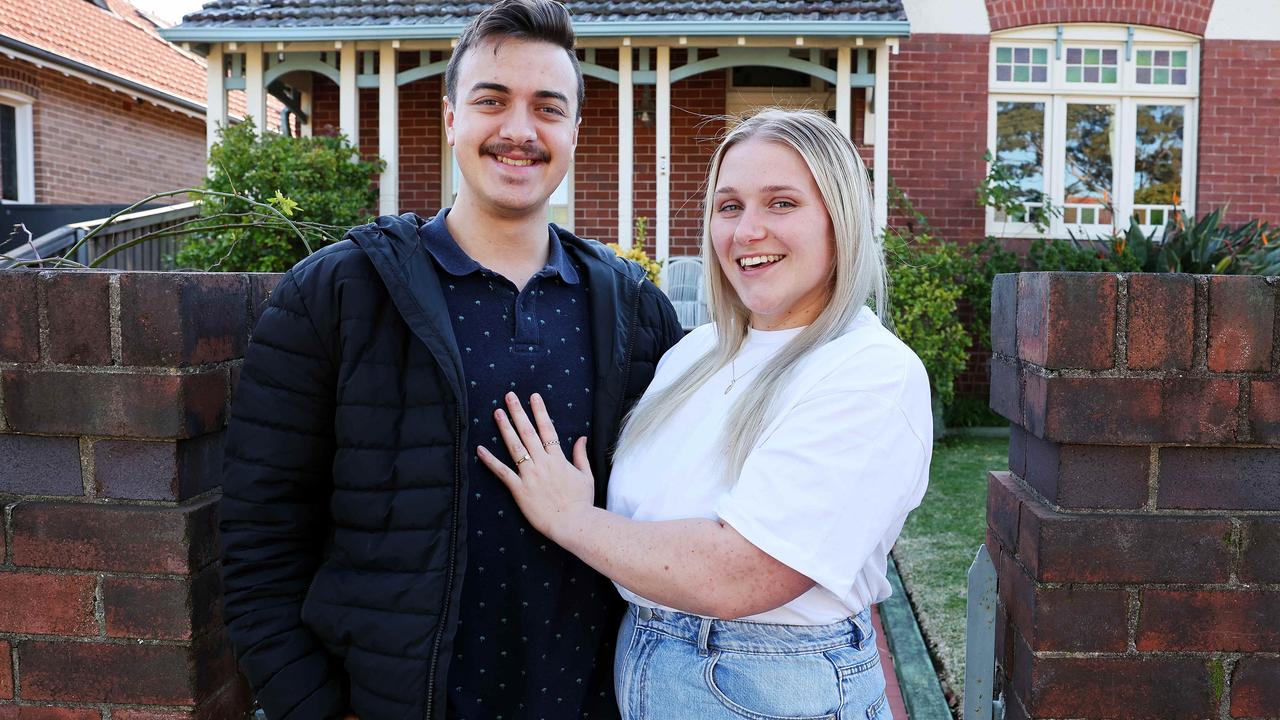Will housing bubble pop in 2017?
DEPENDING on who you ask, Australia is either on the verge of the biggest housing crash in its history, or everything is just fine.
AUSTRALIA is in the midst of the greatest credit-fuelled real estate bubble the country has ever seen. When it pops it’s going to devastate the economy, and quite possibly take the big banks with it.
That’s the warning from Lindsay David, founder of LF Economics, author of Australia: Boom to Bust, and resident doomsayer of the Australian economy. But is he right, or have we heard this all before?
Since publishing his book last year, Mr David has made a name for himself issuing dire warnings about the coming property market crash and railing against the government and particularly the finance, insurance and real estate industries.
Since 1996, Australia has experienced a nationwide boom in housing prices, with real and quality-adjusted prices rising by 121 per cent to 2014, “the largest and most persistent price growth since records began in 1880”.
MORE: Australia’s fastest selling suburbs
He claims there are clear parallels between Australia today and the US and Ireland pre-2007. “People think you’re crazy, but slowly but surely I see a lot more people coming around to the idea,” he said. “But when everyone knows there’s a bubble, it’s too late.”
When you can get better deals on vacant land in Malibu, California, two kilometres from the beach with a view of the Pacific Ocean than you can in Alice Springs, there’s something very wrong, he argues.
Between 1996 and 2014, housing prices and mortgage debt outpaced economic fundamentals like inflation, GDP, rents and incomes. “When you look at it today, between end of 1996 and 2014, household debt outpaced inflation at a rate of 10 to one,” he said.
He points out that new home buyers in Sydney will spend around six-and-a-half years worth of savings, assuming they saved 30 per cent of their income, for a 20 per cent deposit to buy a median-priced home.
Of 16 English-speaking cities, only residents of Vancouver spend more time saving for a deposit than in Sydney. Homebuyers in Melbourne, Adelaide, Perth and Brisbane will spend 5.78, 4.30, 4.09 and 3.97 years respectively.
The $1.9 trillion mountain of household debt in Australia has been fuelled by the “Irish-style wealth creation model” of home buyers and investors borrowing heavily from the banks to flip houses for the next buyer, who takes out even greater debt to speculate.
The biggest victims are young home buyers and middle-income earners who are either “priced out altogether or leveraged through the roof”.
“The more debt the banking system pumps into the market, the more home buyers it creates. When people wonder why there’s 20 people buying a house at auction, it’s because you’ve got more banks giving out loans,” he said.
“House prices in Sydney aren’t as high as they are because there’s a housing shortage and everyone miraculously has $900,000 sitting in their pocket. The banks have to keep lending more so house prices can stay up.”
As soon as new home buyers are unable — or are unwilling — to access more debt than the previous owners, the whole thing will collapse.
According to Mr David, 2017 is when it will all start to unravel, and it will start in the West. If the Perth market crashes, that will begin to affect the banking system’s ability to lend.
“It’s going to be a disaster. By the end of 2017 the housing market will crash, and at least one of the big four banks will either be bailed out, go bust or be nationalised,” he said.
“Lehman Brothers had assets on its balance sheet equivalent to 5 per cent of US GDP. Australian banks hold the equivalent to 50 per cent of GDP each. How do you save a bank that big? They’re too big to save unless they’re nationalised, unless there’s a $380 billion facility ready at the RBA. I can’t see a $1.6 trillion economy printing $380 billion. It would collapse the Australian dollar.”
NAB chief economist Alan Oster, however, says there’s no housing bubble — and he’s been saying it for years. “They’ve been wrong for 10 years. You need to be very careful when you just say it happened in America therefore it’s going to happen here,” he said.
“Number one, supply and demand really matters. Look at the Gold Coast after 2007, and the reverse angle look at Sydney today. We’re not saying everything’s fine — you could argue there is an affordability issue — but things at this stage are okay,” he said.
“If you’re asking, what would cause a big crash? It would be people not having the ability to pay their interest because they’ve lost their job. When we do a stress test, we look at the level of unemployment, and it tends to be that if you get to between 8 and 8.5 per cent, everybody sells because nobody can afford to pay anymore.
“That would be enough to get you a 30 per cent fall in house prices. That’s very different from saying there’s a bubble and we’re going to crash.”
For realestate news and listings, visit realestate.com.au.




